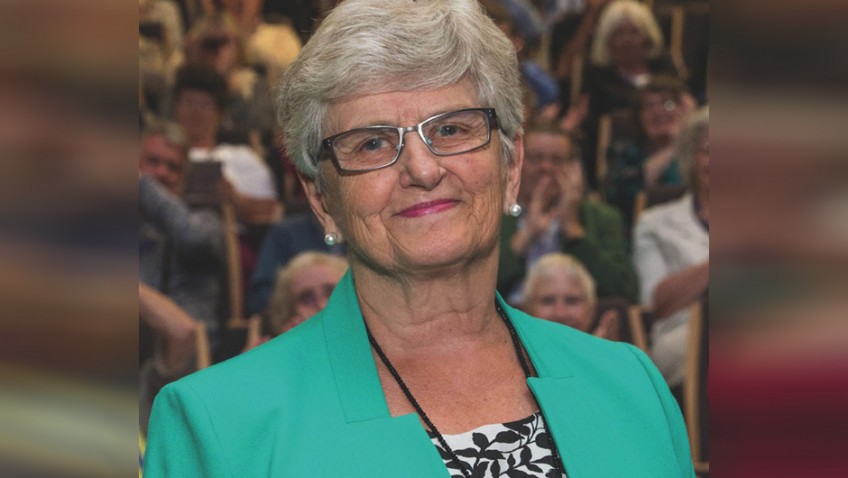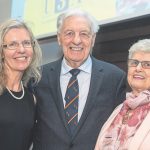Whatever the outcome of the Government’s consultations on the future of the BBC, we would make a plea to keep a wide range of broadly educational general programmes and supportive resources that help keep older people active and learning throughout life.
From science, history and languages to lifestyle skills and information technology, members of the University of the Third Age (U3A), of which I am National Chairman, are passionate users of these services and the supportive online content.
It is no exaggeration to say that such pursuits keep older people healthy and independent, reducing welfare dependency; there is considerable research evidence to back such claims.
Protection is required
We know the BBC is facing severe cuts, as are all state-dependent services in this time of austerity. It is not special pleading, however, to argue for protection if not expansion of the Corporation’s educational output.
In our response to the BBC Charter Review, we sought assurances that nothing would be done in the process of the Review to undermine the viability and reach of BBC publications.
These are some of the best-used online and mixed media resources available to the 970 U3As across the UK. Moreover, they are affordable to a wide range of people who might otherwise effectively be excluded from adult education in the current economic climate.
Sometime this year we will welcome the 1,000th local U3A. The growth in the size of the U3A movement over the past decade, while so many other providers are shrinking, has been extraordinary – rising from just under 250,000 members to almost 400,000 – and this demands a fresh approach towards the creation and management of new learning opportunities. Our Standing Committee on Education is working on ways we might harness technology for group study, and also looking at in-depth study for those who wish to delve deeper into a subject.
Tradition
We have a strongly democratic tradition, being one of the few organisations which are run by third-agers for third-agers.
Most organisations for third-agers, though they may do excellent work, are run by younger people who give us the things they think we want and need.
U3A is different – not just in age profile and management but in the wealth of expertise we have collectively; which is why those carrying out operations such as the BBC Charter Review need to listen to us.
Quality
We know what quality is and are unrivalled when it comes to judging the quality and usability of publications and resources.
With cuts of around 30 per cent nationally to further and adult education college budgets in recent months, the need to maintain a strong underpinning for the most self-reliant organisations is paramount. There is therefore concern among U3A members of possible unintended consequences resulting from ill-judged economy measures that could undo much good work built up over the years.
Our areas of provision are vulnerable to erosion that may occur in other services more central to what the state provides. Hence, our concern over the possible cut in BBC education services and resources.
As people live longer and seek more active lives, learning is an increasingly large part of what they seek. We see increasing traffic between the formal and informal sectors and, as mentioned already, a desire to delve more deeply into a subject.
Not self-serving
So, while the U3A is self-funded, self-sufficient and independent – indeed, each individual U3A operates independently – it is neither self-centred nor exclusively self-serving.
The U3A has worked closely with government to improve the availability of informal education, while remaining self-reliant. U3As are very effective in meeting objectives that are at the heart of Government aims.
These include the promotion of lifelong learning with associated improvement to health and reduced welfare cost savings, measures to combat loneliness among older people through new social networks and enhancing community values – including many inter-generational projects in association with schools and colleges.
While we do not need Government finances to sustain us, we do need support to help maximise the efficiency and reach of our work, which means giving careful consideration to the impact of the austerity measures. Ill-considered cuts to BBC educational provision will prove far more costly in the end.
Pam Jones was elected national Chairman of the U3A/Third Age Trust at the organisation’s annual conference at the University of Nottingham in August.
by Pam Jones national Chairmanof the U3A/Third Age Trust




